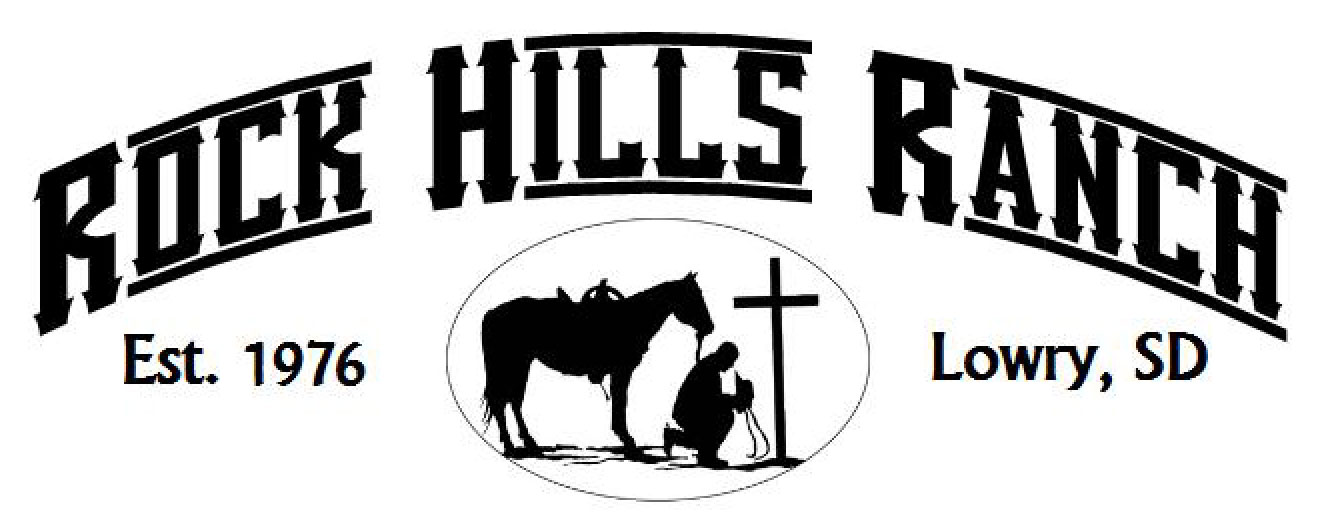I read an advertisement recently for a herbicide for controlling weeds in a pasture. It touted the increased grass production to be gained by using the herbicide on your pastures, and presented the data to back it up.
I don’t doubt their findings, but I disagree with the conclusion.
First, no mention was made of any other management changes. The question needs to be asked, “why were there weeds to begin with?” Perhaps the management that resulted in the weed invasion ought to be changed first. Perhaps the product being advertised could be of some temporary assistance, but in the long run a change of management is the only cure.
Second, what are weeds anyway? Did anyone tell the livestock they are weeds? Might there be some lemonade potential in them there lemons? This is something that goes through my mind frequently when I see “less desirable” plants. Goats and sheep are well-known for having a different diet than cattle – perhaps adding a different type of livestock could turn the weed into an asset. If that doesn’t sound appealing, Kathy Voth has a training program for teaching your cattle to eat all sorts of stuff. We’ve given it a try with some success.
We’re not completely against using herbicides around our place. In fact, we have used the actual product in the advertisement, in specific places and for specific reasons. However, we understand quite well there are other tools we can use to reduce or eliminate the need to reach for the jug.
Now, if I could just find someone to run a goat enterprise for me….
